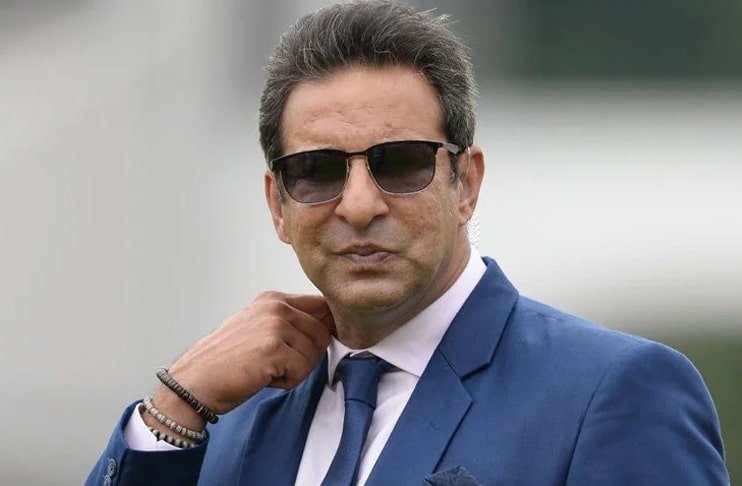Legal Complaint Submitted in Lahore
A formal complaint has been filed against former Pakistan cricket captain Wasim Akram for allegedly promoting a gambling application. The complaint, submitted by a citizen named Muhammad Fayaz to the National Cyber Crime Investigation Agency (NCCIA) in Lahore, calls for legal action against the cricketing icon.
In the application, Fayaz claims that Akram has entered into an endorsement agreement with Baaji, a betting app reportedly linked to India. According to the complainant, this partnership effectively encourages gambling in Pakistan, where betting remains illegal under national law.
Concerns Over Youth Influence
The complaint stresses that Wasim Akram is not only a sportsman but also a celebrated national hero. Associating his name with a gambling platform, it argues, could have damaging consequences for young people.
Fayaz contends that Akram’s promotion of Baaji might normalize betting among Pakistani youth, potentially leading them toward unlawful activities. The application further notes that gambling apps often target vulnerable audiences with promises of quick money, making them particularly dangerous in societies where economic hardships are already prevalent.
Gambling in Pakistan: A Legal and Social Taboo
Gambling is prohibited in Pakistan under the Prevention of Gambling Act, 1977. Despite this, online betting platforms—many of them operated from abroad—continue to find ways to attract users. These platforms often exploit social media marketing and celebrity endorsements to reach new audiences.
While gambling is a multibillion-dollar industry globally, its legality varies significantly from country to country. In India, for instance, online betting operates in a legal grey area, with state laws differing on its status. In contrast, Pakistan enforces a strict ban, and participation can lead to criminal charges.
The growing digital footprint of betting companies has raised alarms among Pakistani regulators. Authorities fear that unregulated apps not only promote gambling but may also be linked to money laundering and other cybercrimes.
Silence from Wasim Akram’s Camp
So far, Wasim Akram or his representatives have not issued any public statement regarding the allegations. The former fast bowler, regarded as one of the greatest cricketers in history, has frequently appeared in commercial campaigns both at home and abroad.
If confirmed, Akram’s association with Baaji would not be the first instance of a prominent sports figure endorsing a betting company. Across South Asia, betting firms have increasingly turned to retired athletes and celebrities to promote their platforms, bypassing direct restrictions by marketing themselves as “fantasy sports” or “gaming” apps.
Wider Debate on Celebrity Endorsements
The complaint has reignited debate over the ethical responsibility of celebrities in Pakistan. Critics argue that public figures, especially sporting icons, wield immense influence and must exercise caution before lending their names to controversial ventures.
Supporters of stricter regulation note that endorsements of such platforms can undermine national laws and potentially encourage illegal behavior. On the other hand, defenders argue that athletes often enter into commercial contracts without being fully aware of the legal implications in every jurisdiction.
What Happens Next?
The NCCIA is expected to review the complaint before deciding whether to initiate a formal investigation. If the allegations are substantiated, Wasim Akram could face legal scrutiny under Pakistan’s gambling and cybercrime laws.
The case also highlights the challenges faced by Pakistani authorities in policing digital spaces where international companies operate beyond their legal reach. With online betting apps continuing to expand across South Asia, the issue is likely to remain a contentious one.















